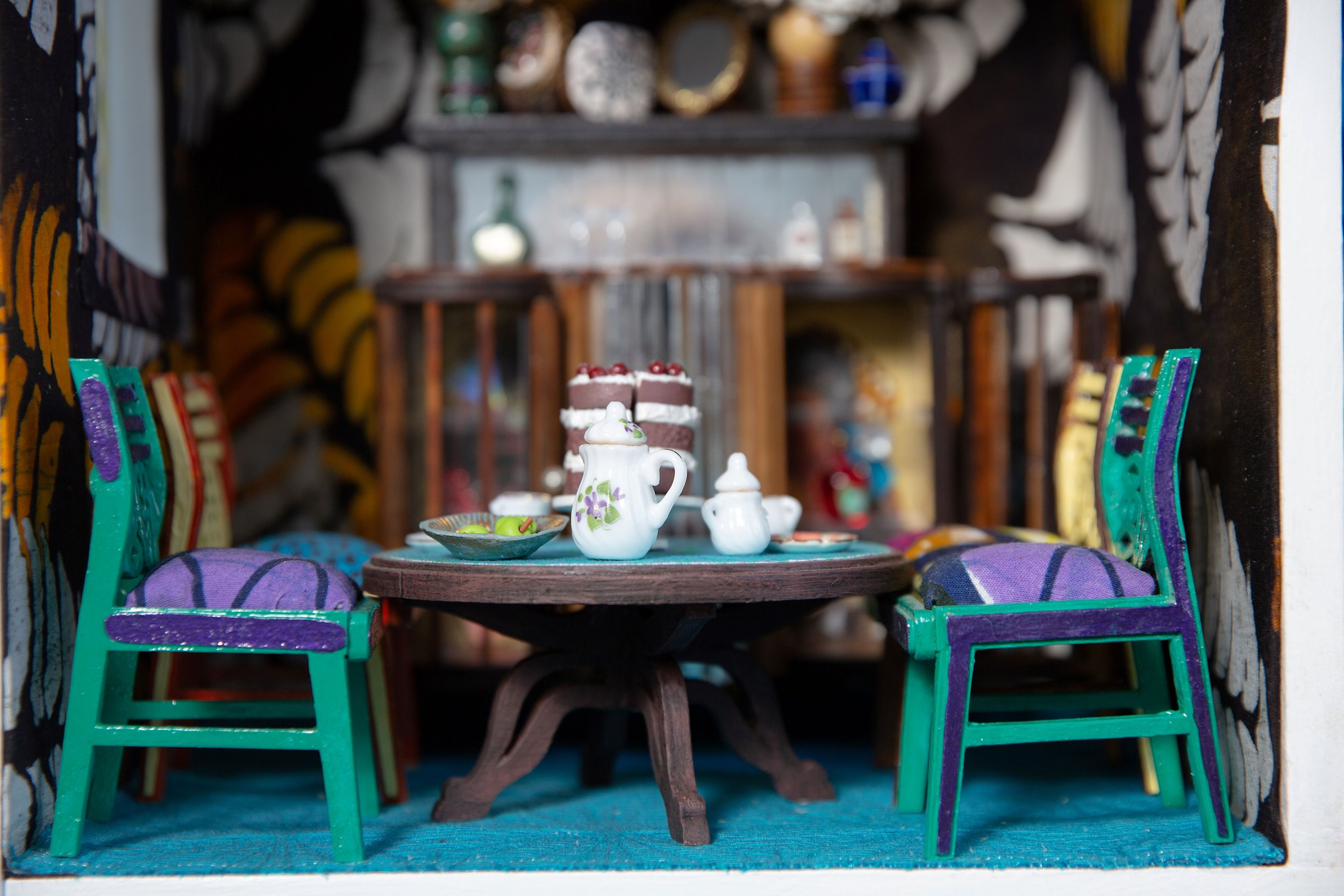Celebrating some of the women who have featured on London’s blue plaques
Having a blue plaque (or any other colour plaque) in your local area is a bit exciting, isn’t it? Whether you’ve got a little-known local philanthropist or a world-famous philosopher, it’s quite a thrill to think of that person coming and going from that very property on that very street all those years ago.
Since 2016, English Heritage, which runs London’s Blue Plaque scheme, has been campaigning to encourage more nominations for blue plaques representing women. Just 14% of blue plaques currently represent females, and English Heritage wants that to change. In the last year, half of the blue plaques that have been put have been for women, but still only a third of the nominations are for them. You can help change that by making a nomination yourself. Here’s how to do it.
In the meantime, here are five fascinating females who have been commemorated with plaques all over the country through various schemes to inspire you to make a nomination of your own.
Violette Szabo
Listen very carefully, we shall say this only once… Intriguingly commemorated with the words ‘Secret agent lived here – she gave her life for the French Resistance’ Szabo was a spy in the second world war who was tortured and executed by the Nazis.
Marie Stopes
Stopes has a plaque in Upper Norwood, London as a ‘promoter of sex education and birth control’. Less glamorous than some of the artists and writers commemorated perhaps, but far more life-changing for us women of today.
Mary Hughes
Charmingly listed as ‘Friend of all in Need’ on the side of 71A Vallance Road, east London, Mary Hughes was a social worker who acquired the pub The Earl Grey at Vallance Road and turned it into a teetotal refuge for the homeless, The Dewdrop Inn (do drop in).
Doreen Valiente
Commemorated on the side of a block of council flats in Tyson Place, Brighton you’ll find an unlikely plaque to the ‘mother of modern witchcraft’. Valiente (1922-1999) cast her first spell as a teenager, on a woman she thought was harassing her mother at work. She worked as a translator at Bletchley Park during the Second World War and settled in Brighton later in life as part of the Silver Malkin coven.
Dolly the Sheep
Commemorated at the Roslin Institute in Edinburgh, where she lived her entire life, dear Dolly was the first cloned sheep and died of lung disease in 2003.
If you’re inspired to take a walk round your neighbourhood appreciating the bits of local history lurking there, don’t miss our feature, Up Town by The Simple Things’ editor, Lisa Sykes, in which we learn to appreciate the towns and villages we grew up in - we’ve even include an Eye Spy spotters’ guide for you!
Buy this month's The Simple Things - buy, download or subscribe







